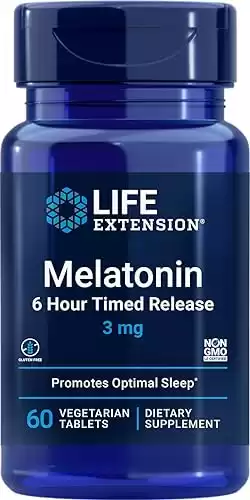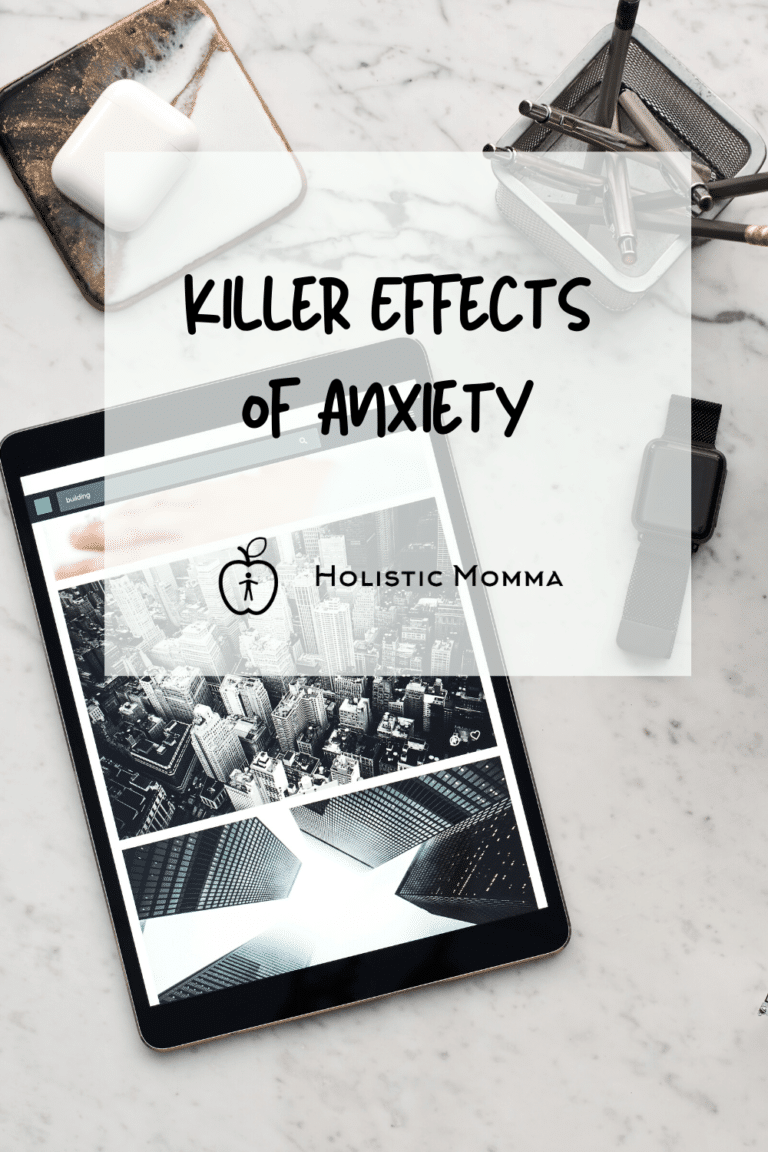The Best Nutrients that are Natural Sleep Aids
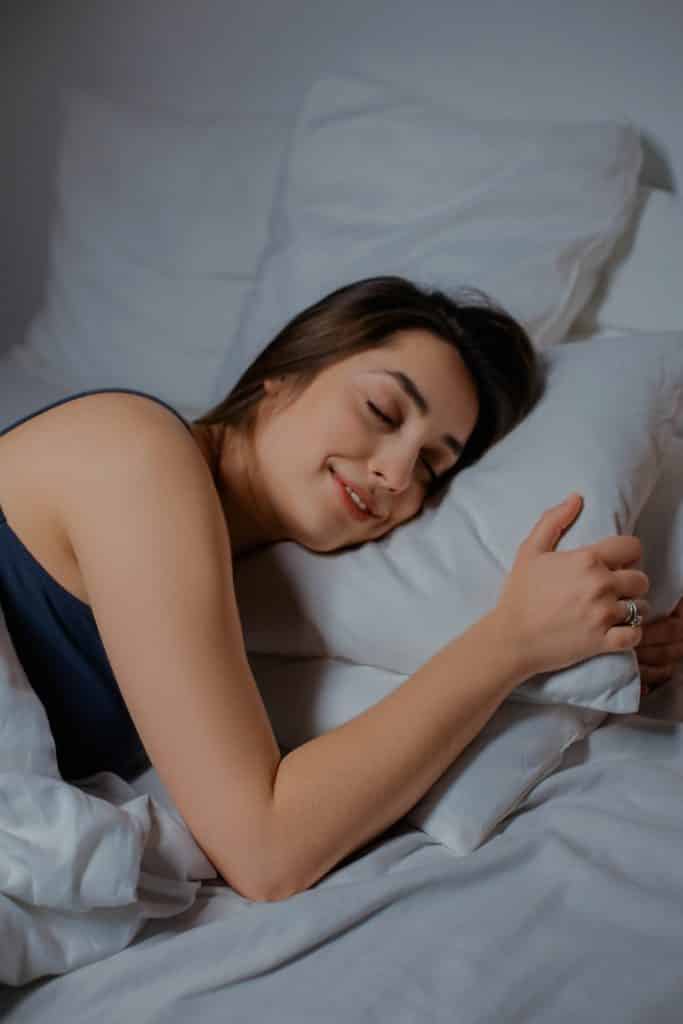
Insomnia can be a mess as it disturbs your mental and physical health. However, you can keep it at bay by taking a natural sleep aid. There are some herbal remedies and sleep aids that may help induce a good night’s sleep. Even though there is a regulation by the FDA towards dietary supplements, it pretty much takes them ass foods instead of medications. Unlike medicinal drug manufacturers, the supplement developers don’t necessarily have to show that the products they are having are effective or safe before selling them in the market.
Here are different products you can take coming in the categories of natural sleep aid that may help you get sound sleep.
Table of Contents
1. Melatonin
Melatonin is a natural hormone that your body naturally produces, and the hormone signals towards your mind that the time to sleep has come. The time of the day impacts the cycle of the production and release of the hormone, and the levels of melatonin naturally increase in the evening and get low in the morning.
Melatonin supplements are now a common natural sleeping aid, especially in the instances in which the melatonin cycle is disturbed, like jet lag. In addition, there are different studies reporting melatonin enhances the duration and sleep quality in the daytime. It is especially helpful for different individuals whose routines demand them to sleep in the day, such as night shift working people.
Therefore melatonin can help improve your sleep quality and you will want to know what melatonin is best for your kids so you can give them a great night sleep as well. If they are tired during the day and maybe a little crabby, they may be anxious, hungry or not sleeping well.
Giving them a small melatonin dose a few times per week or when you feel it’s necessary could help them feel better during the day. However, this is not something you want to rely on for your kids, but rather teach them healthy sleep hygiene tips such as getting exercise, sunshine, drinking water, and keeping screens put away around bedtime.
Melatonin also enhances the sleep quality in people having sleep disorders such as insomnia. It also helps in improving sleep latency, which is the time required by people to fall asleep and increases the overall amount of sleeping time.
I highly recommend time-released melatonin if you have a hard time staying asleep, this is a game-changer!
I take a dose of 3mg which is higher for me, I like to keep the dosage lower to avoid nightmares or sleeping past my alarm. However, being time-released it doesn’t hit me all at once, it slowly releases in my system giving me a nice, peaceful sleep throughout the night.
- Restores optimal sleep.
- Promotes a balanced circadian rhythm.
- Balances immune function.
- Protects cellular DNA by inhibiting oxidative stress and free radicals.
2. Magnesium
Magnesium is regarded as a mineral in the body that is helpful for several different processes in the body and is important for improving overall cardiac and brain health. What’s more, magnesium may help quiet the body and the mind, which helps ease falling asleep.
There are different types of magnesium such as magnesium glycinate, magnesium citrate, magnesium threonate, oxide, etc. Knowing which form is best for what health concern is important when searching for magnesium. For dosing it is best to take around 300-500mg, but to get a better idea of how much would be best for you, you should take a blood test.
You can take a magnesium blood test to get the most accurate vitamin levels.
Different studies show that magnesium’s relaxing effect might be partly because of its capacity to regulate the overall production of the sleep hormone called melatonin. What’s more, it is known that magnesium helps in relaxing the muscles and inducing sleep.
A research study showed that the combination of vitamin B, magnesium, and melatonin was considered effective in the treatment of insomnia. I personally took magnesium and a small dose of melatonin when I was pregnant and it helped me to go to sleep and stay asleep, even if I needed to get up and go to the bathroom.
It is also shown that magnesium increases the overall levels of GABA, or Gamma-Aminobutyric Acid, which is a kind of brain messenger having calming effects on the brain.
Test Your Magnesium Levels without having to go to the doctor. You can go to your local lab, get your blood drawn and then get your results sent to you!
3. Passionflower
Passionflower or maypop is also considered a natural sleep aid for treating insomnia. The overall species of this herb associated with sleep improvements generally belong to the North American region. However, they are also cultivated in Australia, Africa, Asia, and Europe.
The overall sleep-enhancing effects of the passionflower have been shown in different animal-based studies. Regardless, the effects of it in humans tend to be dependent on the type which is consumed.
A study in different people compared the effects of passionflower tea with the effects of the placebo tea comprised of parsley leaves. The individuals taking part in the study drank both teas one hour before sleeping for a week, with a week break between the two kinds of teas. On an objective note, participants who took the passionflower tea reported 5% higher effectiveness in their quality of sleep than the other tea.
4. Glycine
Glycine is considered an amino acid that helps play an essential role in the development of the body’s nervous system. Glycine is bound together with magnesium to create magnesium bisglycinate or magnesium glycinate. Magnesium glycinate is the best combo if you want a sleep supplement that has two natural sleep aids combined.
Research shows that glycine can also help in the improvement of sleep. The exact mechanism of glycine over the improvement in sleep is not known. However, glycine is considered an active role in balancing body temperature at night, signaling bedtime.
A study showed that participants had a decreased quality of sleep on consuming three grams of glycine or a placebo group immediately before their sleep time. The people who took glycine had lesser symptoms of glycine when they woke up the next morning. They also reported that their clear-mindedness, liveliness, and positivity improved the other day.
5. Lavender
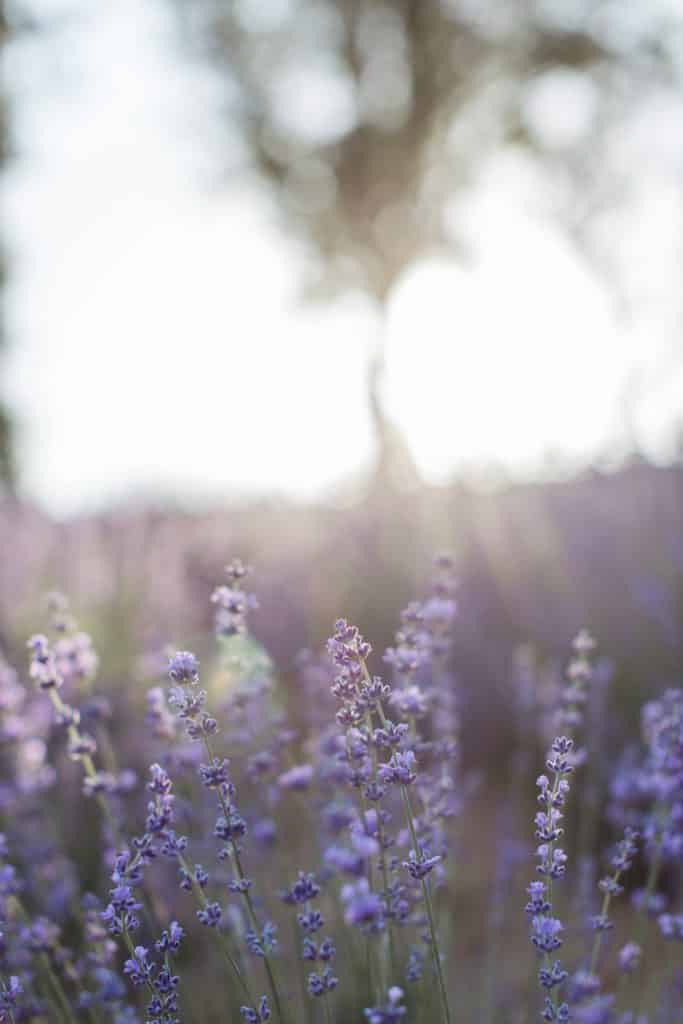
The Lavender plant is a popular herb globally and is a renowned natural sleep aid. It produces different purple flowers, which come with a variety of utilities. What’s more, the overall soothing effect of lavender is considered to improve sleeping quality.
Different research studies show that smelling the essential oil right before bedtime might be sufficient for enhancing the overall sleeping quality. The overall effect usually appears in individuals having symptoms of mild insomnia, specifically in young people and women.
A study in older citizens having dementia reported that aromatherapy of lavender is considered effective at improving symptoms related to sleep disturbance. The total time of sleep also gets increased. Fewer individuals who used to wake up in the middle of the night also found themselves to have an improved quality of sleep.
A study gave more than 200 anxiety disorder participants about 80 milligrams of essential lavender oil and placebo every day. It was concluded that both control and placebo groups had experienced duration and quality of sleep. However, the control group had up to 24% improved results without reporting any harmful side effects.
Although aromatherapy of lavender is considered effective and safe, its oral intake is associated with stomach pain and nausea in some subjects. Essential oils are usually intended for only aromatherapy and not for oral ingestion.
6. Chamomile
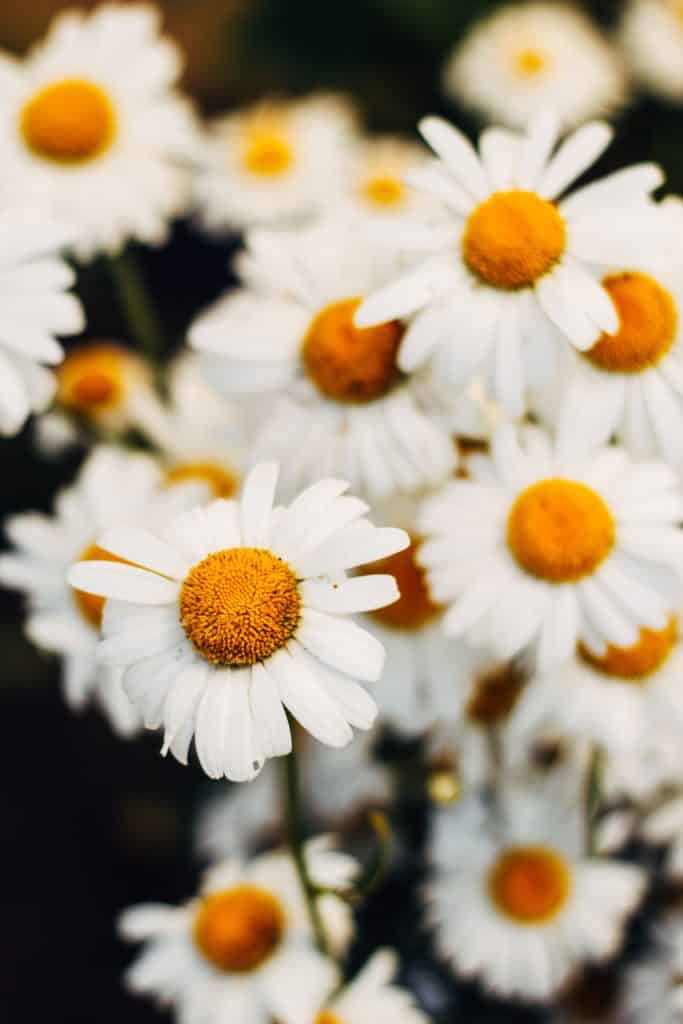
Chamomile is considered a helpful sleep remedy that has been in use for hundreds of years.
What’s more, chamomile comes with many anti-microbial and anti-inflammatory properties. It is usually best taken in the form of tea. There are multiple types of chamomile, both types of chamomiles are considered to have a soothing effect.
Anyhow, the database suggests there is a need for more extensive research to say that it is helpful in the treatment of insomnia.
7. Kava
Kava is considered a natural sleep aid due to its properties against anxiety, stress, and insomnia. It acts through different bodily mechanisms. Some people suggest it to help induce relaxation without hindering motor function or cognitive memory, though there is a need for more extensive research.
While Kava is considered to have some sedative properties in the body, it is usually considered a product required to be taken with care. Taking it in excessive amounts may cause damage to the liver.
8. Tryptophan
Tryptophan is an amino acid acting as a precursor of serotonin (a neurotransmitter). It essentially means it is considered a biochemical agent important for the production of serotonin in the body.
In the 70s, research studies on sleep suggested that serotonin – a neurotransmitter – might play a huge role in inducing sleep. Research in animal subjects indicated that the destruction of the different regions of the brain housing nerve cells with serotonin could be the reason behind triggering insomnia. Some damage to the brain regions resulted in partial insomnia.
Its presence in warm milk indicated it to help induce sleep. So, some people consider taking tryptophan as a natural sleep aid. They take it in the form of a diet. Some of the dietary sources of tryptophan include eggs, butter, milk, and other animal-sourced foods.
Are Natural Sleep Aids Safe?
Like medications, a natural sleep aid may come with some risks and side effects. The overall evaluation and the approval of the FDA do not demand the different Over-the-Counter drugs, herbal supplements, or dietary supplements. However, the certain brand you buy may come with inappropriate dosing value. You might be getting less of the ingredient or excess of it than you intend to, which might make it dangerous to be used in different treatments, especially for young and old individuals.
Final Words
You must understand the different remedies for sleep and the type of natural sleep aid that you use. You should be aware of what you are putting inside your body and know how to discriminate between the healthy ones from the ineffective and dangerous ones. What’s more, you will be required to talk with your doctor regarding the different advantages and the associated risk factors of the natural sleep aid you are using.
Originally posted 2022-03-05 00:37:36.
Megan Santiago
Latest posts by Megan Santiago (see all)
- How to Find a Trauma Therapist in Tampa - September 30, 2024
- Help With Bills – How to Get Financial Assistance - March 10, 2024
- The Best Essential Oils for Adrenal Fatigue - March 10, 2024

